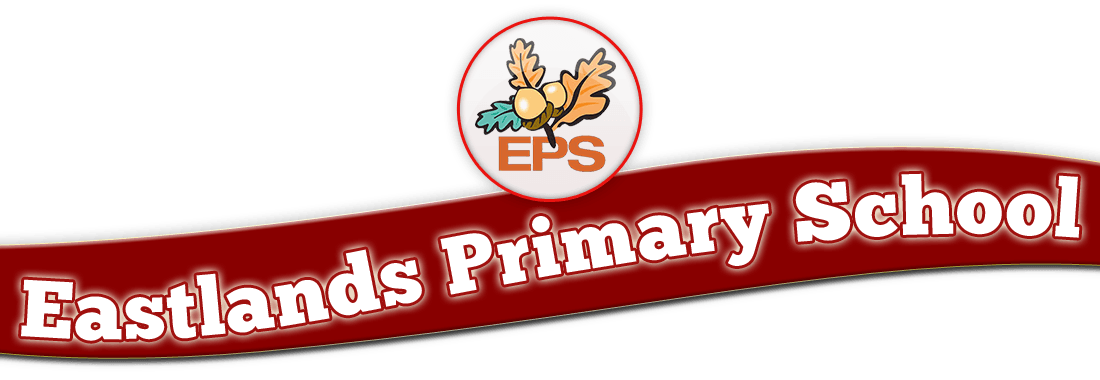History
|
Intent We want our children to ask questions, so that they develop their skills to know how they can find the answers. We want our children to have a fundamental understanding of history and what it means to be a historian. To focus on the key skills of being a historian; whilst still gaining, understanding and embedding knowledge of different eras, events and people from the past. We want our history curriculum to be progressive year upon year. Teachers focus on the skills and teach and embed these skills, in parallel with the teaching of the historical knowledge. We want to share a curriculum that will engage, excite and enable our children to build a view of the world that is representative of the past. We want to enrich our teaching and learning, so that history lessons are taught using cross curricular links and the children are able to experience trips and relevant practical activities. This will bring our curriculum ‘alive’ and the learning will be consolidated, memorable and enhanced for all of our children. We want our history curriculum to be inclusive, valuing the importance of talking, discussing, role playing, art making, and creating. The history curriculum at Eastlands is linked to our curriculum drivers. These support the ethos of our teaching and learning of history and provides the direction of our main aims |
||
|
Implementation At Eastlands, history is taught once a term and the children are guided by teachers to focus on the key concepts of Change, Continuity, Causation, Significance, Similarity and difference, Perspective, Sources, Chronology and Empathy. In each year group, every topic is structured so that there is a specific historical skill element to each lesson, alongside the teaching of the knowledge component too. Each lesson is structured using a big question or learning objective as a starting point. This is to provide children with appropriate challenge and build their curiosity. In all topics, there is an emphasis on chronology and children will learn to compare and contrast different time periods, as they gain understanding of how these time periods are related to each other. Similarly, they are taught about and study world history and ancient civilizations, drawing on comparisons and making connections. To bring our curriculum ‘alive’ we organise trips such as York to explore the Viking era, Lunt Fort to understand about Roman forts and Rugby school to understand about our local history. The learning will be consolidated, memorable and enhanced for all of our children. Children have opportunities to handle artefacts and look at secondary sources. Children use art, dance and drama to immerse themselves in their history topics, so they can act out historical events creatively. Each topic has knowledge organisers, which guide the children with the appropriate level of historical language and ensure that vocabulary is progressive and deepened. Using a knowledge organiser as an effective tool, increases knowledge, understanding and recall of historical facts and events. Children meet their end points targets, as they focus on and develop the key skills taught in the lesson. Children master more complex historical skills, as they journey through each year group and develop more sophisticated subject language and knowledge. At Eastlands, assessment procedures are clear and effective - teachers and staff identify the skills which are being taught in the lessons and assess children’s work accordingly. In our early year classes, children follow and explore historical themes through the ‘Understanding of the world’ strand of the EYFS curriculum. This involves the children observing and building up historical knowledge relating to themselves and everyday contexts; exploring seasons, birthdays, festivals, celebrations; recognising and describing special times for family and friends; comparing old and new through looking at transport change. |
|
|
|
Impact The impact of our teaching of history at Eastlands is evidenced in many ways. Primarily, through the teacher termly assessment and observations. Also, it is identified by the historical skills acquisition and implementation. Recall and knowledge of topics taught is developed through pre and post unit quizzes. As our children leave Eastlands, we want them to be -:
|
|
|

































